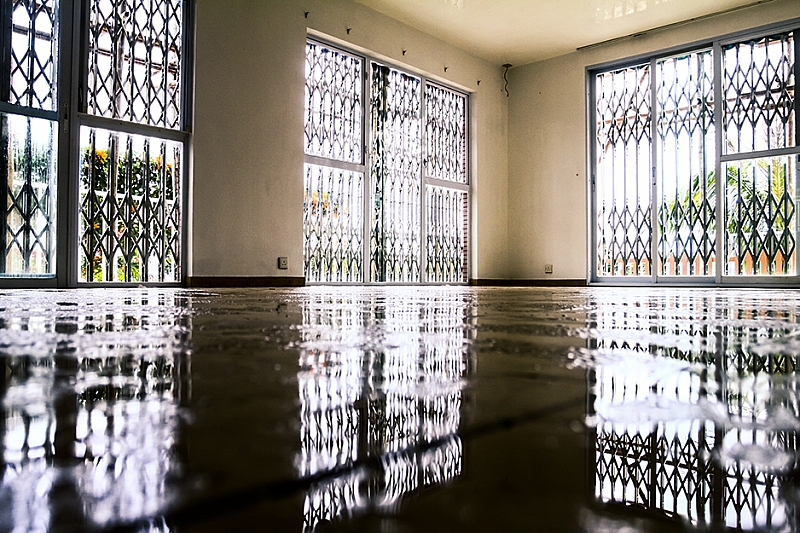If your house was damaged by a storm, flood, fire, or burglary, you can file a claim through your homeowner’s insurance carrier. Once your insurer has received your claim, they will handle the details and coordinate with your attorney. If you suspect someone else was at fault for the damage, your lawyer will be able to help you determine who is at fault. You must document your losses and costs and pursue recovery from the responsible party. If you suspect a third party, you must file a lawsuit against them. During this process, you must follow all specified timing requirements and processes.

Board up any windows or doors that have been damaged by fire or wind. The cost of board-up is typically covered by your insurance policy, so you should save the receipts. If you have to make permanent repairs to your home, wait until the insurer examines it. Your insurance company has the right to inspect your property even if it is still in a damaged state. If you try to make repairs before an inspection, your insurer may refuse to pay you.
Before you start repairing your home, be sure to keep your receipts so that you can prove your costs. The insurance company will reimburse you for the cost of the board-up once it has been inspected. If you are forced to use a third-party, take photographs or catalog the damages. Once your insurance company has inspected the damage, it will be more difficult for you to file a claim without receipts. You will also have to wait until you receive the full amount of your claim before you can get a replacement.
After the insurance adjuster has reviewed the damage to your home, you can decide if you need to make any repairs. If you find that the repairs will cost more than the deductible, board up the windows and doors. If you have any damaged windows, you can ask the insurance adjuster to cover the cost of boarding up. During this time, you should be careful not to spend any money on permanent repairs before an inspection. This will only make the situation worse.
When a disaster damages your home, it is important to minimize any further damage. If you are unable to protect your home from further damage, your insurer may challenge your claims and refuse to cover the repair. However, if you’ve taken the time to mitigate the damage and have not yet had any problems, your insurance company will pay for the repairs. Once you’ve received your damages, you must begin the process of assessing the costs. You must determine what the additional costs will be. Once you’ve determined the amount, you can calculate the value of your personal property.
As long as you’re deductible is lower than the total cost of the repair, you’ll be able to make a claim. In case of a natural disaster, you can make a claim with a homeowner’s insurance policy. It’s important to remember that your insurance provider won’t cover the costs if you’ve incurred more than that. You should compare policies carefully to determine which ones offer the best coverage.
